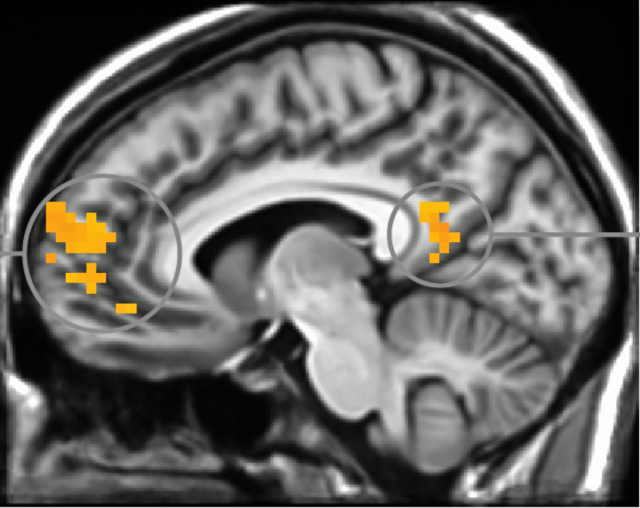From the article:
A friend of mine, a physician in his late 60s, recently described a visit to his primary care doctor. “I had seen him a few years ago and I liked him,” he told me. “But this time was different.” A computer had entered the exam room. “He asks me a question, and as soon as I begin to answer, his head is down in his laptop. Tap-tap-tap-tap-tap. He looks up at me to ask another question. As soon as I speak, again it’s tap-tap-tap-tap.”The NYT piece correctly describes how mandatory electronic medical records are putting a barrier between patients and physicians, impeding good medical care.
“What did you do?” I asked.“I found another doctor."
And even some of the intended "safety" features, such as electronic alerts for wrong prescriptions can cause cognitive overload. If you're faced with thousands of beeps and alerts each month, your brain quickly starts ignoring them. It's the electronic equivalent of "crying 'wolf'".
(A related article from the technology field noted how, "MRIs show our brains shutting down when we see security prompts". I wouldn't be surprised if the same thing happened with physicians coping with never-ending electronic medical record alerts.)
I'm not opposed to technological improvement. But I am opposed to government mandates ramming technology into hospitals and medical offices based on bureaucrats' preferences, not in response to the genuine needs of physicians. I love my smartphone -- but I don't think the government should use financial carrots-and-sticks to force everyone to own one. Nor should the government use financial carrots-and-sticks to force physicians to adopt unwanted (and potentially harmful) electronic medical record systems.
Related stories:
"Can You Trust What's In Your Electronic Medical Record?" (Forbes, 2/24/2014)
"The Eyes of Big Medicine: Electronic Medical Records" (PJ Media, 9/18/2013)
NYT link via Dr. Matthew Bowdish, who also commented:
It breaks my heart whenever a patient tells me that one of the reasons they love our practice is that we look at the patients rather than a computer screen. Little do they know that we already have electronic health records although are holding on full implementation. Not only has the current EHR paradigm almost destroyed our business, it also risks robbing us of our humanity in caring for patients. The promise of technology is huge and necessary. These govt-mandated, tools of Big Insurance are not.

